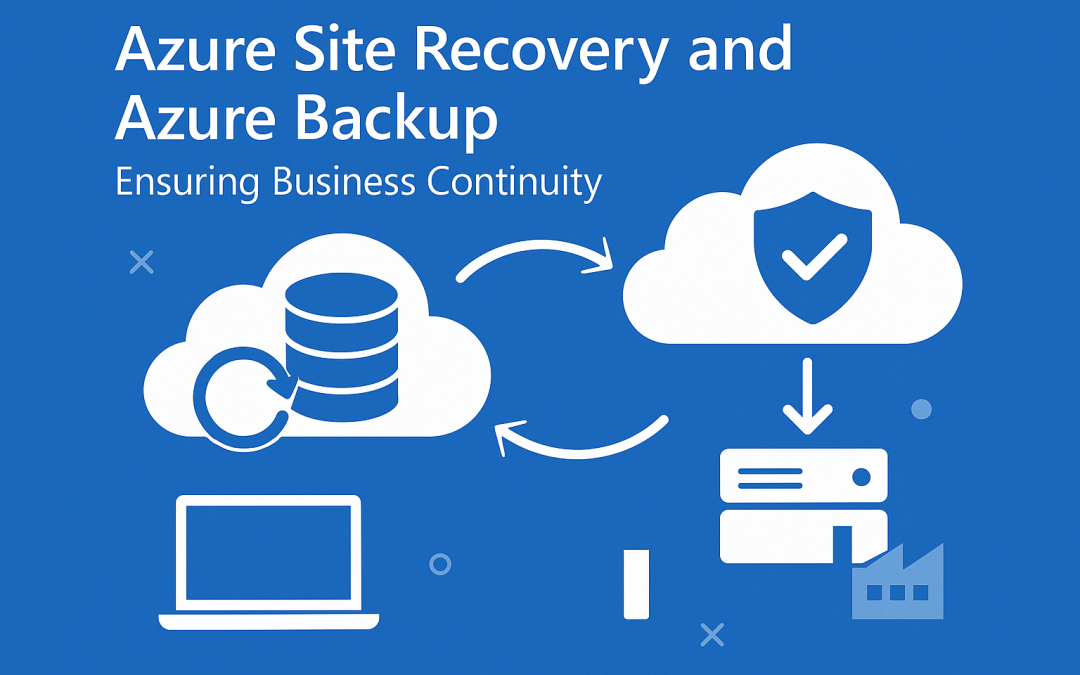Cryptocurrencies, such as Bitcoin, aren’t going to replace conventional monies anytime soon, but a growing number of businesses have begun to accept these monies as payment from clients. Before your firm accepts crypto obligations, you need to understand these monies operate and a number of the issues they raise.
Note: Just so that you know, you can now purchase dedicated servers with your favorite cryptocurrencies.
WHAT ARE CRYPTOCURRENCIES?
Cryptocurrency normally refers to a decentralized kind of digital money. Bitcoin and Ethereum are the best known, but dozens of others are out there, such as Litecoin, Ripple, and Nash.
Cryptocurrencies are virtual assets, without a physical type, and deemed to be land by the IRS. Transfers are instantaneous and monitored in a blockchain ledger rather than having a bank inside a centered banking authority (see, “What is Blockchain?” below).
The value of cryptocurrencies comes in part from their utility, or people’s willingness to accept them as payment. Its lack is also reflected by the value. In the instance of Bitcoins, for instance, no longer than 21 million” coins” can be created.

One of the benefits of cryptocurrency transactions is they are one-to-one affairs, taking place on a peer-to-peer media arrangement which makes”cutting out the middle man” a typical practice. This also leads to greater clarity in establishing audit trails, less confusion over who should pay what to whom, and greater responsibility, in that the two parties involved in trade each understand who they are.
99RDP accepts all major payment methods like PayPal, Payza, Perfect Money, Skrill, Bitcoin, Indian Debit Cards, PaYTM. We also accept Bank Transfer or NEFT (India Only).



